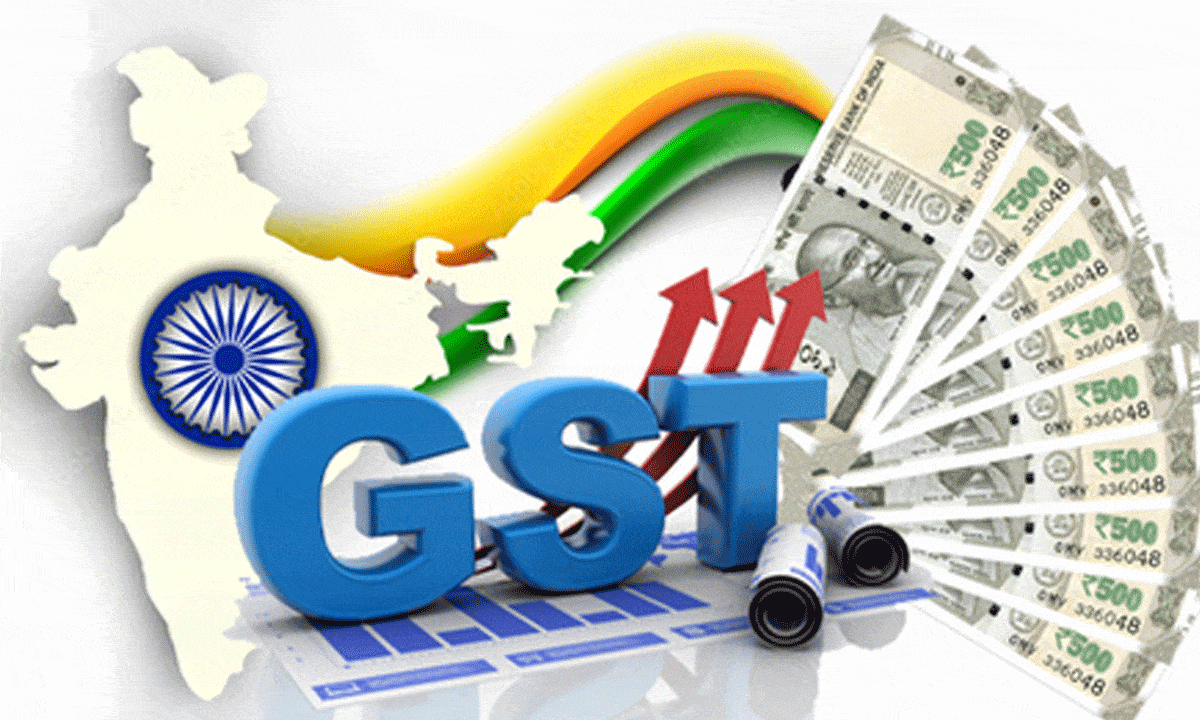GST scrapping on life and health insurance a double whammy for Insurers, say experts
The removal of the 18 percent Goods and Services Tax (GST) levied on life and health insurance policies will be a double whammy for the insurers and one possible outcome, experts said, is to increase the premium rates.

Chennai: The removal of the 18 percent Goods and Services Tax (GST) levied on life and health insurance policies will be a double whammy for the insurers and one possible outcome, experts said, is to increase the premium rates.
While industry experts welcome the scrapping of GST on health and life insurance policies as it is expected to increase the insurance penetration, they also said it will have an impact on the insurers.
Firstly, the insurers will not have the luxury of huge float cash for investments in the form of GST collections on the premium.
The GST collection on health and life insurance was Rs.16,398 crore for FY24 and this float cash will not be available for the insurers.
Also Read: Dharmasthala case: Cong govt should apologise to people of state, Karnataka BJP on mask man’s arrest
Insurers are considered as big players in the investment/stock markets. Adding to the challenge, insurers will still be required to pay GST on goods and services they consume.
The scrapping of GST on life insurance in a way would simplify as different tax rates are applicable for different types of policies. The term insurance policy is taxed at 18 per cent. In the case of health insurance the GST is 18% on the premium paid while some types of policies for the poor are tax exempt.
Industry experts told that there are chances of insurers hiking their premium rates after the GST is scrapped.
“It is possible for insurers to increase the premium rates slightly. So far insurers are deducting the GST paid on their input services like commission (input GST) from the GST charged from policyholders (output GST) and therefore input GST was not a cost. Now if insurance premium (output GST) is exempt, they cannot recover input GST paid and hence becomes additional input cost which will have to be passed on to policyholders (or) reduced from their profit margin (or) reduce commission (which is highly unlikely given the competition),” an insurance expert told this writer not wanting to be quoted.
He also said the scrapping of 18 percent GST on life insurance may increase the sale of term insurance. Currently term insurance policies contribute only about 10%.
According to Rakesh Jain, CEO, Reliance General Insurance, the industry’s concern is the inverted duty structure that would lead to accumulation of unutilised input tax credits, as insurers are unable to offset taxes paid on many input services that attract higher GST rates.
“This mismatch increases operational costs and creates financial inefficiencies, limiting the overall benefit of a GST reduction. Unless this anomaly is addressed, insurers may continue to face pressure on margins even as customers gain from lower premiums,” Jain said.
According to him, for a sustainable growth, tax reforms need to be complemented with rationalisation of processes and policies that ease working capital management.
“In conclusion, reducing GST on insurance premiums is a progressive and customer-centric step that will catalyse deeper penetration of insurance in India. However, to unlock the full potential of this reform, we urge policymakers to also address structural inefficiencies such as the inverted duty structure,” Jain remarked.
